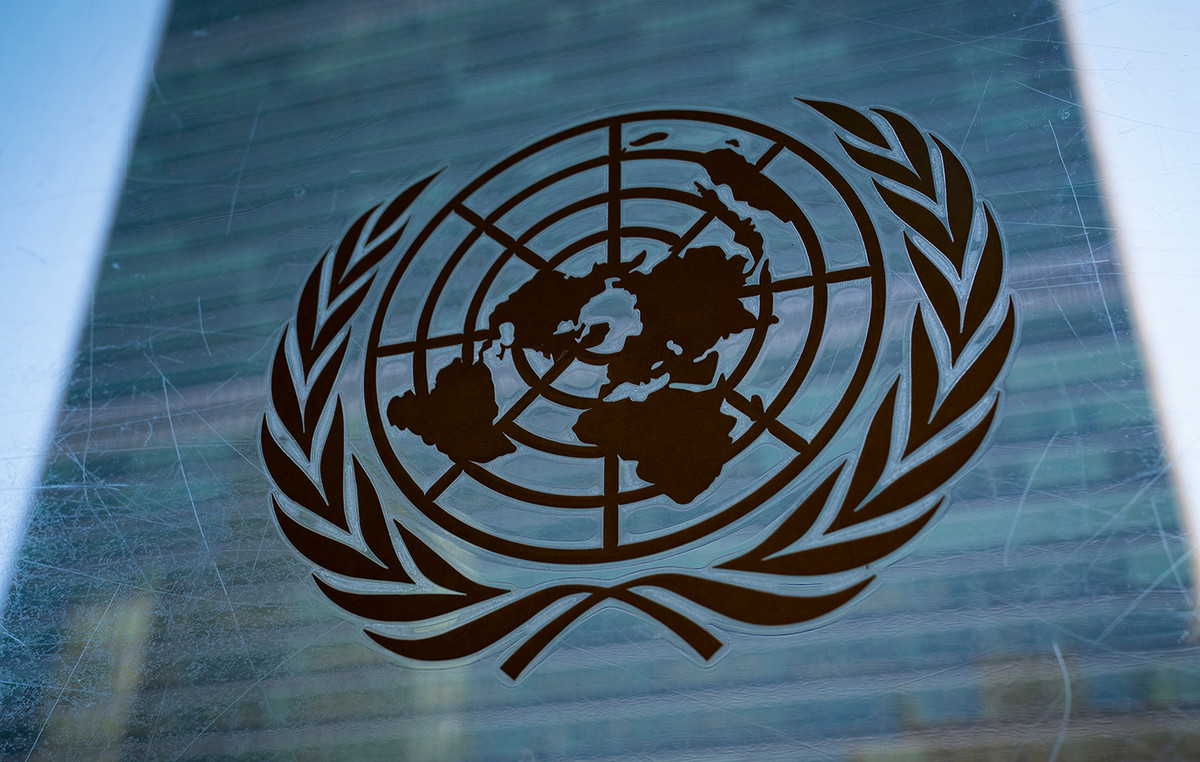“It's a nightmare. A nightmare we never thought we would live.” This is how Rolf Jesse Fürstenau, married, father of two daughters and resident of the Rio Branco neighborhood, in the city of Canoas, in Rio Grande do Sul. He and his family had to leave their house behind after the townhouse where they live was invaded by water.
The neighborhood is next to the Gravataí River, just behind it is the Jacuí River, which flows into the Guaíba River. In the region, flooding began after the Gravataí river dike gave way. Maintenance was carried out by the city hall, which announced that it would not be necessary for people to leave their homes.
“But, in the middle of the night, it broke out again in the same place and started flooding and then the water gradually took over the neighborhood. Residents couldn't believe it when they started seeing that water, they thought the sewage system was going to drain. But there was more and more water, the sewage system couldn't handle it and the water kept advancing. Residents began trying to build ways to divert the water, but the volume was gigantic. We barricaded the door of our condominium, which worked a little, however, on the night of Friday to Saturday the water came quickly and then the operation began to try to save what was possible”, said Rolf.
He added that the effort at that time was to put as much furniture, appliances and valuables up into the air. Even cars were taken to the highest part of the condominium in the hope that they would not be submerged. It didn't help.

Desperation during escape
“The water took over the entire first floor of all the houses in the condominium. Some residents were desperate to remove elderly people, children, animals. People were taken to a building under construction next to the condominium and this involved jumping over a wall, which was done with the help of two water tanks from the construction itself, which were also used to transport the elderly, children and animals”, reported.
Rolf recalled that some residents who wanted to stay on the second floor of the houses gave up because they realized that, even there, there was a risk and that the water would take days to subside. The residents stayed in the building under construction until one of them contacted a relative who owns a boat and it was with this boat that everyone was rescued to safer locations.
“In some places the water reached the second floor. But, in our region, the second floor was still spared. But the lower floors, the small businesses, hardware stores, market, farm, bakery, butcher shop, cars, everything was destroyed. It's very, very sad. But of course our biggest concern is with lives, which is why I think rescue with boats, jet skis and helicopters is very important,” he said.
For Rolf, helicopters are extremely important because there are many people who insisted on staying in their homes for fear of looting, however, as it is unknown how long it will take for the waters to recede, this becomes dangerous. “There is no way to stay there. They will run out of water without food. There is no electricity and now there is a lack of drinking water,” he said.
Next, he said that people don't know where to start rebuilding what they lost. “I have no condition whatsoever to work in the next few days. I don't know where I'm going to live and I have two young daughters. I'm practically only with the clothes on my back, which are pajamas and a t-shirt. I left the house wearing swimming trunks and another t-shirt to get wet, and without shoes, just flip-flops,” he said.
Historical tragedy
The heavy rains that have hit Rio Grande do Sul since last week have affected more than 780,700 people. More than 70 people died, according to Civil Defense. Another six deaths are still under investigation and 155 people were injured. There are still 103 people missing.
The number of deaths surpassed the state's last environmental catastrophe in September 2023, when 54 people lost their lives following the passage of an extratropical cyclone. Authorities say this is the worst climate disaster in Rio Grande do Sul's history.
The rains also forced 95,700 people to abandon their homes, including 104,600 displaced people and 16,600 homeless people. Of the 497 municipalities in Rio Grande do Sul, 334 were affected by heavy rains, which represents 67.2% of the state's cities.
Still according to the most recent balance of state infrastructures, more than 420 thousand points in Rio Grande do Sul remain without electricity and 839 thousand homes (27%) are without water supply.
The rains also cause damage and changes in traffic on state highways in Rio Grande do Sul.
For those who want to help, the most necessary items to donate at the moment are new mattresses or those in good condition, bedding, bathing suits, blankets, drinking water, animal feed and basic food baskets, preferably closed for easy transport.
Source: CNN Brasil
I’m James Harper, a highly experienced and accomplished news writer for World Stock Market. I have been writing in the Politics section of the website for over five years, providing readers with up-to-date and insightful information about current events in politics. My work is widely read and respected by many industry professionals as well as laymen.







